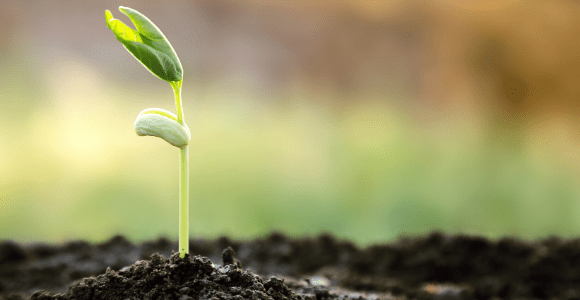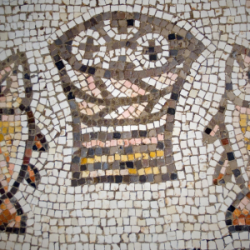Welcome readers! Please subscribe through the buttons on the right if you enjoy this post.
(Read this series from its beginning here.)

Many of us recently celebrated the 50th anniversary of Earth Day here in the U.S. Environmentalism has come a long way in the last fifty years, and so has the damage to our environment.
Earth’s temperatures are higher. Our ocean chemistry has changed. More animals have gone extinct. Significant portions of Amazonian rain forests and the Great Barrier reef that we need for our survival are now lost.
We are also moving in the wrong direction with the current U.S. Administration scaling back essential environmental protections. I live in West Virginia where various industries, including coal, have caused significant damage to both our environment and our economy. We have repeatedly dealt with polluted water supplies, disappearing landscapes, and one of the worst unemployment rates in the country in areas that used to have the largest concentration of millionaires in the U.S. because of the coal mining boom and bust. One more injustice that this COVID-19 pandemic has also laid bare is the daily damage to our planet from our global, consumer, capitalist system. The images are stark in the recent Richmond Times Dispatch article, “As people stay home, Earth turns wilder and cleaner. These before-and-after images show the change.” Check out the pictures of New Delhi’s skyline. Wow.
The Hebrew scriptures include a strong case for our duty as stewards of the earth (Genesis 1:26-27). The earth is not here for us to exploit. We are in a symbiotic relationship with it. If we do not take care of it, it will cease to be home for us.
Christianity has a long and complicated history when it comes to environmentalism. Much of this history can be read in Brock and Parker’s Saving Paradise: How Christianity Traded Love of This World for Crucifixion and Empire. Another book I recommend on the environmental and other impacts of our present economic and political system is A History of the World in Seven Cheap Things by Patel and Moore. Both books have been on RHM’s recommended reading lists.
What might Jesus’ statement about the cause and effect of the weather and correctly reading the times be saying about our social, political, economic, environmental and even religious causes and effects today?
Let’s read the passage again from Matthew’s sermon on the mount:
“Settle matters quickly with your adversary who is taking you to court. Do it while you are still together on the way, or your adversary may hand you over to the judge, and the judge may hand you over to the officer, and you may be thrown into prison. Truly I tell you, you will not get out until you have paid the last penny.” (Matthew 5:25-26)
This says to me that it is better to deal with things now, at this stage, than to deal with them later. Change is coming and there’s no way around it. Change that we choose today is always preferable to change that our environment forces upon us tomorrow. We can begin building a better world today. (Read Bill McKibben‘s article in The New Yorker How We Can Build a Hardier World After the Coronavirus.)
I’m encouraged to see signs that the financial industries are beginning to divest from their fossil fuel portfolios. I’m also alarmed at talk of bailing out industries we need to begin transitioning away from. We should instead be training workers dependent on fossil fuel industries to work in greener industries.
What causes and effects are you seeing in the present system? What changes would you like to see? Another world is possible if we collectively choose it.

















